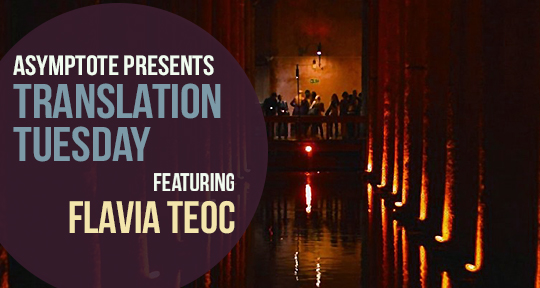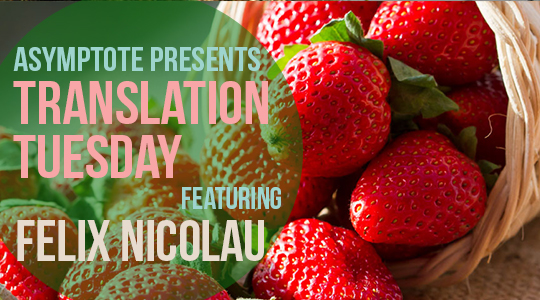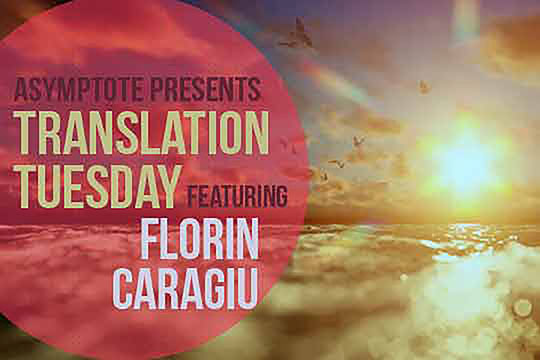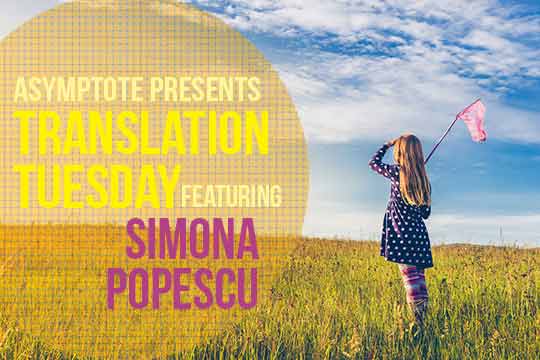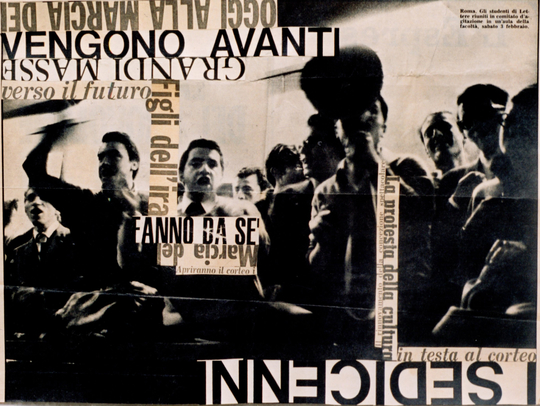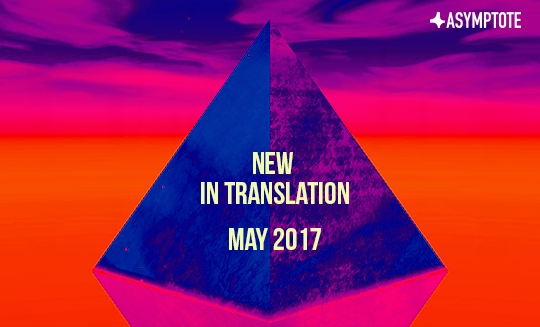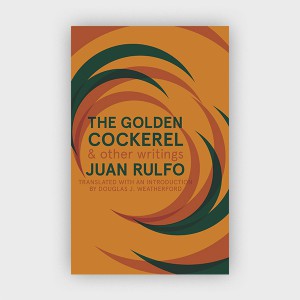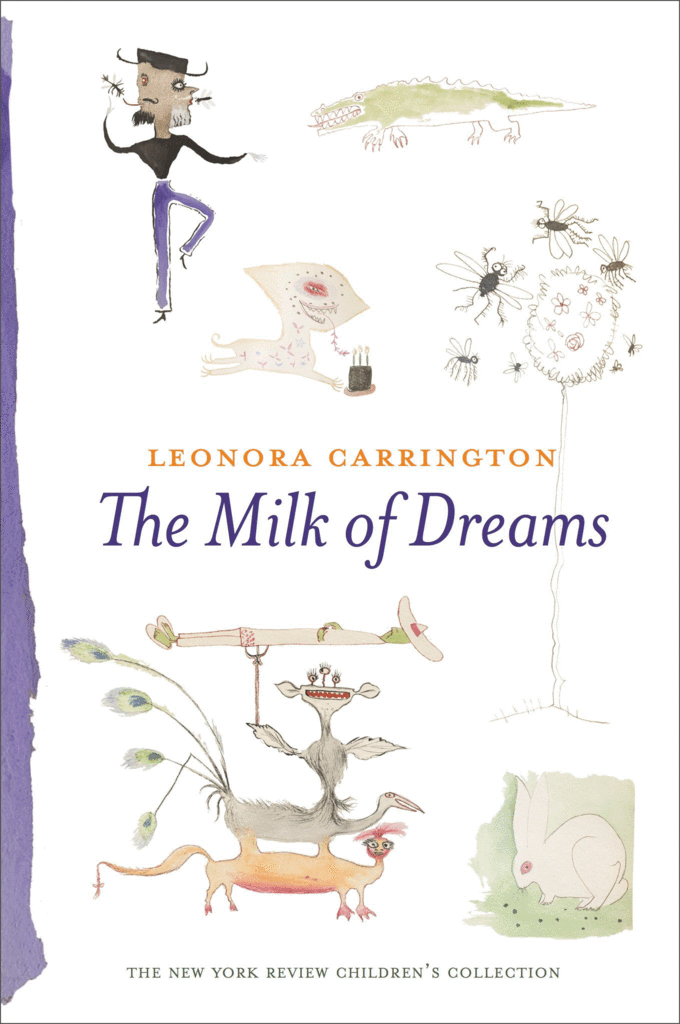This week’s dispatches take us on a tour of November’s most important literary festivals. In an attempt to combat perennial issues of low readership and lack of access to literature, the festivals offered live readings, awards ceremonies, and discounted books to readers in Iran, Albania and Romania.
Poupeh Missaghi, Editor-At-Large, reporting from Iran
Since 1993, November 15th has been celebrated as the day of Books and Reading in Iran, ushering in a week of celebrations and events to promote literature. The slogan for this year’s Book Week was “The Great Joy of Reading.” Public libraries around the country offered free membership on November 15th, and the Books in the City Festival provided introductions to important Iranian literary figures through music and theatrical readings in subway stations around Tehran.
On November 18th, at the closing ceremony of the 17th Festival of Books and Media, the winners of awards in different media categories (including news, interviews, specialized criticism, humor, photography, websites, and audio and visual media) were announced.
The Imam Ali Society, a charitable foundation, took the occasion to invite its supporters, through the Kids Without Books Twitter campaign, to donate books for children. The campaign also published video in which children invited writers and public figures to donate books to the society’s library.
On the last day of the week, publishers also held readings and talks in different bookstores, creating spaces for readers and authors to come together in celebration of their love for books.
Similar events were held at schools, mosques, and other cultural institutions around the country. However, with low rates of readership and books published per edition, it is unclear how influential these symbolic annual gestures are in changing the reading culture of Iranian society.
In other news, a recent collective initiative has begun to bring together an informal archive of Persian language accents. On November 15th, translator and writer Erfan Mojib tweeted, “Let’s create a website, upload a text, and invite people to read the text in their various Persian accents.” The idea started as a curiosity, but Mojib hopes it can be developed and used eventually for systematic studies. He got so much positive feedback about the idea that he started a telegram channel (t.me/lahjeyab) and a Twitter account (@lahjeyab), and people have been sending him voice messages of themselves reading a text he posted about the diversity of accents in Iran and their unity under the umbrella of the Persian language.


